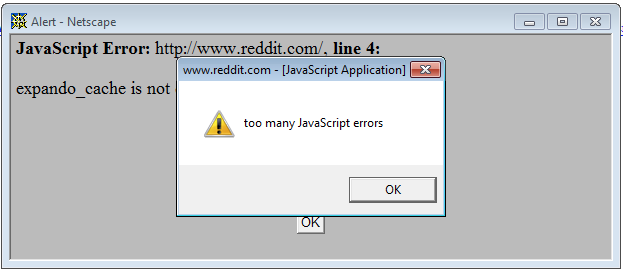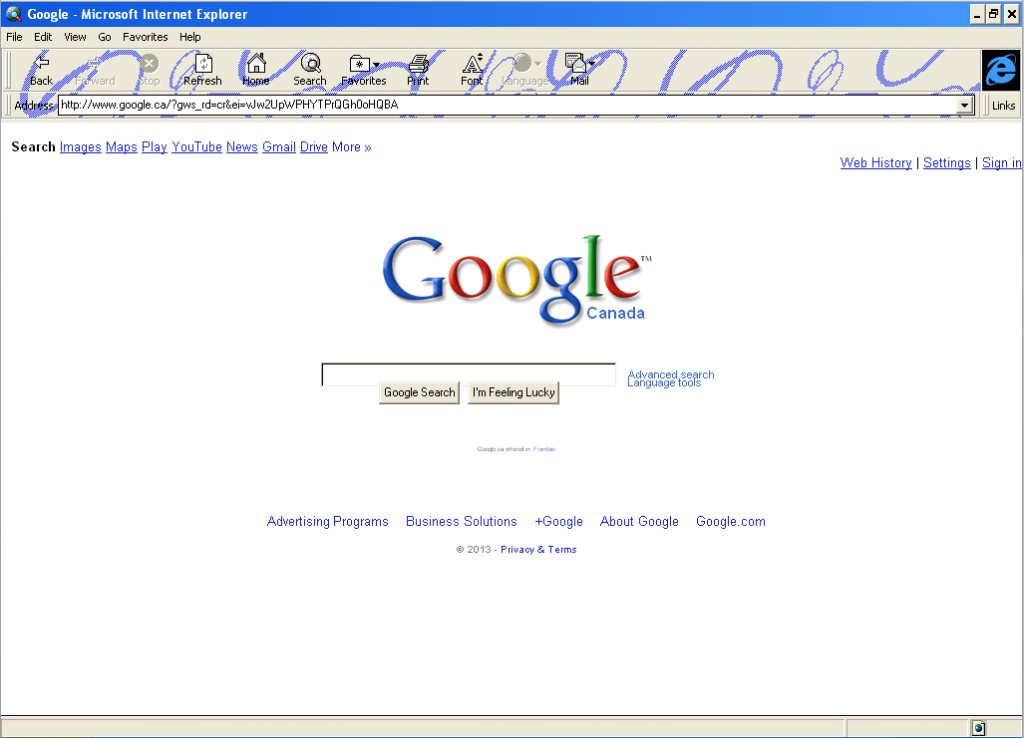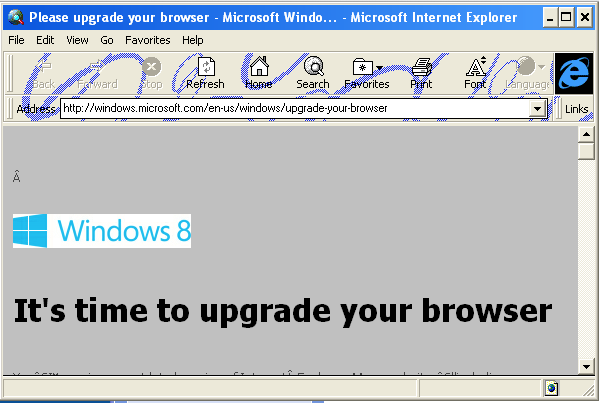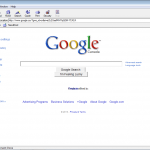Thanks to my RetroPosts plugin, this weekend I was reminded of a blog post I wrote in 2008 – Web Dev Challenge: 1996 Compatibility. In the post I outlined rules for developing for browsers from 1996: CSS1, Javascript 1, 640×480 screen resolution, etc. I think I assumed this would be a relatively simple challenge, but I didn’t ever follow through with the plan.
In the post I mention developing for Netscape version 2 in the post. I don’t recall actually attempting to run the browser at the time of writing, so last night I decided to track down a copy of Netscape 2 and poke around the web. Unfortunately Netscape Navigator 4.01 was the earliest version of Netscape I get my hands on. To my surprise it actually installed and ran in Windows 7! Talk about backwards compatibility.

Every single website I tried gave me dozens of javascript errors on load. It’s easy to forget how ubiquitous Javascript usage is. Even sites that don’t have any dynamic features, are likely calling jQuery, Google analytics or an ad platform. As far as I could tell, Netscape 4 does support Javascript 1 (and Internet Explorer’s ECMA script), but it would seem that modern javascript has evolved so much that these standards are irrelevant. I doubt any developer has considered Javascript backwards compatibility in the past decade, I wonder if it would even be possible.
Once the Javascript errors were dismissed, the sites themselves rendered fairly similarly to what you’d expect from a browser with CSS turned off. Wikipedia states that Netscape 4 added support for “CSS1 elements, minimal dynamic font support and the proprietary object element.” I had forgotten just how limiting this was.
A small gallery of modern sites viewed in Netscape 4.

The first browsers with support for anything resembling modern front-end features were versions 6 of Netscape and Internet Explorer, released in 2001. That’s after the collapse of the dot-com bubble! Investors were spending billions of dollars on technology that couldn’t even render a png!
In conclusion, I think my original idea of developing a 1996 compatible site would be a lot more difficult than I had thought. But given that this era of browser technology represents such an important time in the Internet’s history, I think it would still be a worthwhile endeavour. Who’s up for it?






Leave a Reply
Only people in my network can comment.